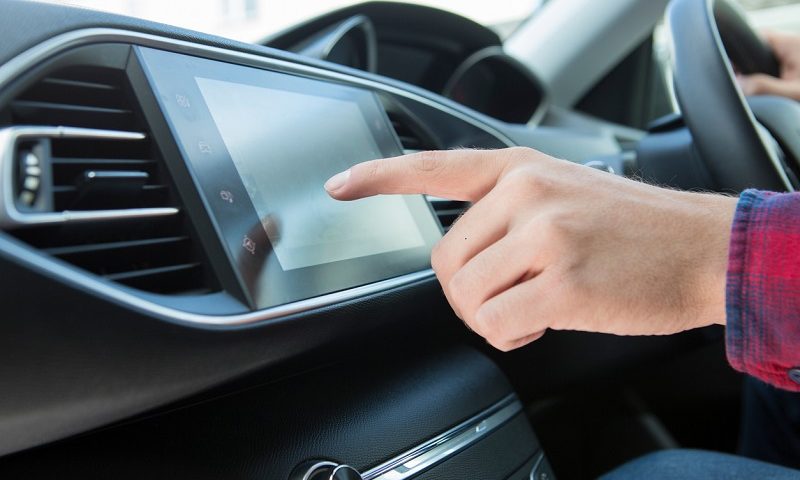Our top 10 safest cars of 2022

When car shopping, it’s easy to be distracted by cool tech, comfy cabins and flashy paint jobs. These are all nice to have but shouldn’t be the reason for buying a car. Safety features that keep you and others protected on the road are the most important thing – and if travelling with children, should be top of your checklist when choosing a car. (But we’ll excuse you for being distracted by that awesome infotainment system!)
Are you on the market for a new and improved car? If so, consider these safer options for a sturdier trip on the road.
1. Toyota Yaris Cross
City cars have really stepped up their game since the release of the Toyota Yaris Cross. Its reversing camera, blind spot alert and adaptive cruise control setting help you steer clear of other cars on the road while making your daily commute a little easier. A great choice for those on the go who want something nippy.
2. Nissan Qashqai
The sporty-looking Qashqai has more than just the usual safety features like emergency braking. It comes with tech additions like the speed limiter, which detects local limits, and the lane assistance system, which monitors your car’s position to prevent you from straying outside your lane. It’s also a larger vehicle, so ideal for families.
3. Lexus NX SUV
When it comes to SUV safety, few can compete with the hybrid Lexus NX. Its powerful engine and lower centre of gravity are only topped by its adaptive cruise control, pre-crash and active safety systems. A hallmark feature is the e-Latch with Safe Exit Assist – which keeps the door from unlatching when objects are approaching from the rear.
4. Skoda Enyaq
Travelling with kids? The all-electric Enyaq is a great choice of vehicle if your little ones are still little, offering additional safety features like the airbag cut-off switch. Enyaq models also have bright, adaptive LED headlights for better night-time visibility, as well as autonomous emergency braking and traffic sign recognition.
5. Mercedes-Benz A-Class
We have to applaud the Mercedes A-Class for its array of safety features. The newly developed Attention Assist system works to keep you and others safe by making small adjustments to your driving. For example, if it detects driver fatigue, it will prompt you to take a break.
6. Volvo XC60
Meet Volvo’s plug-in hybrid SUV: the XC60 – labelled by The Guardian as “the safest car on the planet”. It’s built for the family, sporting fancy lane assistance, reverse assistance and anti-collision tech to keep you and your loved ones safe. But what’s particularly special about this vehicle is its Connected Safety feature, which provides you with real-time weather and traffic updates. You can say goodbye to gridlock for good!
7. Volkswagen Caddy
The practical and economical Volkswagen Caddy is also impressively safe, with advanced safety equipment like eCalling and automatic post-collision braking. The former alerts emergency services if there’s been an accident and the latter prevents the risk of secondary impact after a collision.
8. Subaru Outback
Another family-friendly car with offroad capability to boot, the Subaru Outback is a great choice for drivers wanting top safety features and a bit more space in the cabin. One of the best features is the EyeSight driver assist. The tech uses cameras to detect nearby obstructions, warn you of them, and applies breaks automatically, if necessary, to prevent an accident. Thanks, Subaru.
9. Volvo Polestar 2
The Polestar lives up to Volvo’s reputation for safety innovation, going over and above the usual driving assistance tech to include battery protection. By containing the battery in aluminium and steel, the Polestar keeps passengers even safer in the event of a collision.
10. Hyundai Genesis G80
New to the Hyundai family, the Genesis boasts a host of safety features, including ten airbags and safe exit assistance, as well as the latest driving tech like lane-changing assistance and forward collision avoidance.
When it comes to driving safely at night, smart headlights are a feature to look out for. Read how Ford’s new tech could help make driving in the dark safer.



1 Comment
Thank you for making this content. It provides lots of insights related to the safest cars. Much needed indeed. Honda Amaze was also rated 4 star in the Global NCap test.